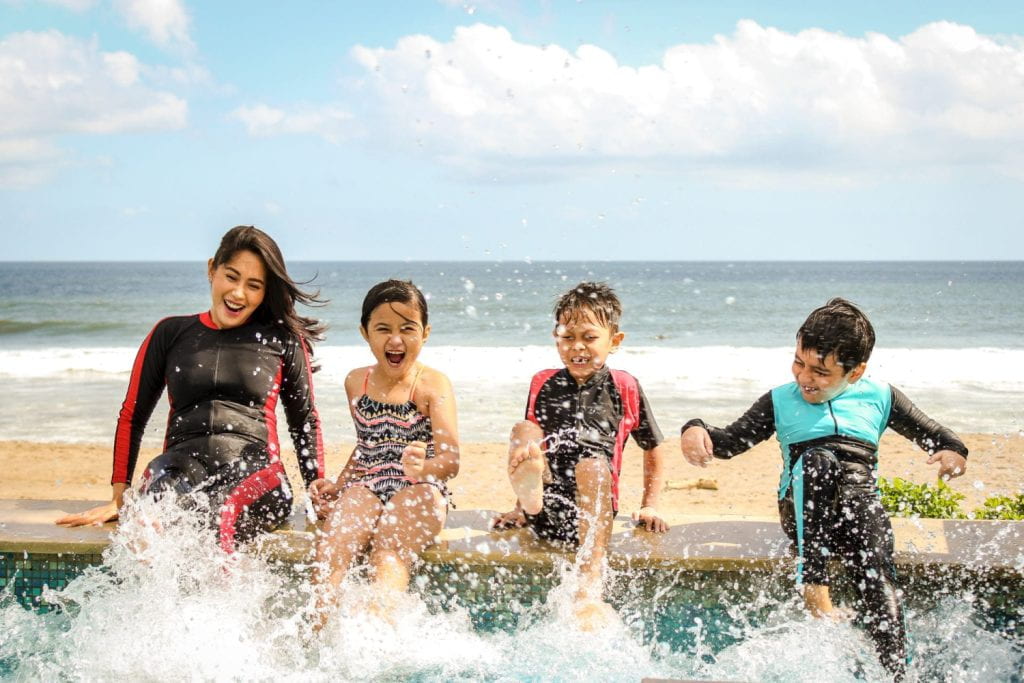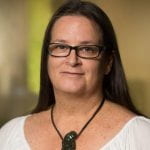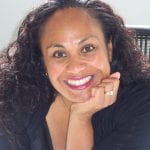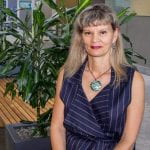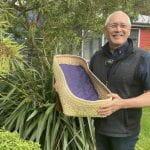A Better Start’s report on supporting the future wellbeing of our tamariki – E tipu, e rea, mō ngā rā o tō ao: grow tender shoot for the days destined for you, is featured in the Journal of the Royal Society of New Zealand.
A copy of our article on supporting the future wellbeing of our tamariki in ways that are culturally acceptable, universal and recognise what makes children flourish – is available here
A Better Start is 1 of the government’s 11 national science challenges, and is a collaborative research programme of over 150 researchers working to help children, teenagers and their whānau achieve the best possible start in life. Our mission is to find practical, evidence-based solutions that make a measurable difference for tamariki, specifically in the areas of Healthy Weight, Successful Learning, Literacy, Teen Mental Health and Resilience.
ABSTRACT : The majority of children and young people in Aotearoa New Zealand experience good health and wellbeing, but there are key areas where they compare unfavourably to those in other rich countries. However, current measures of wellbeing are critically limited in their suitability to reflect the dynamic, culture-bound, and subjective nature of the concept of ‘wellbeing’. In particular, there is a lack of measurement in primary school-aged children and in ways that incorporate Māori perspectives on wellbeing. A Better Start National Science Challenge work in the areas of Big Data, Healthy Weight, Resilient Teens, and Successful learning demonstrates how research is increasing our understanding of, and our ability to enhance, wellbeing for NZ children. As we look ahead to the future, opportunities to support the wellbeing of NZ young people will be shaped by how we embrace and mitigate against potential harms of new technologies, and our ability to respond to new challenges that arise due to climate change. In order to avoid increasing inequity in who experiences wellbeing in NZ, wellbeing must be monitored in ways that are culturally acceptable, universal, and recognise what makes children flourish.
AUTHORS:
- Sarah Maesson
- Wayne Cutfield
- Barry Taylor
- Gail Gillon
- Helen Moewaka Barnes
- Ridvan Firestone
- Rachael Taylor
- Barry Milne
- Tania Cargo
- Brigid McNeill
- Sarah Hetrick
ABSTRACT : Our current food system is failing to deliver on equitable health outcomes, wellbeing and food security and the Hawke’s Bay region of New Zealand has high inequities and one the highest levels of childhood obesity nationally. This articlereports baseline quantitative data from 2087 students (aged 9 or 13) from 41 primary and secondary schools, including schools participating in the Ka Ora, Ka Ako Healthy School Lunch programme. Students answered an online survey covering food security, general wellbeing (WHO-5), eating behaviours and physical activity and were measured/weighed for body size. 16.8% of students experienced food insufficiency in the home and 31.3% of 13-yr-olds did not eat breakfast. Overall, only 12.9% met the national vegetable intake guidelines and 39.6% met fruit intake guidelines. Students in high advantage schools (decile 8–10) were twice as likely to meet the vegetable intake guidelines. 47.1% of 13-year old girls were at risk of reduced wellbeing. 54.6% of students had a healthy weight and 44.5% experienced overweight or obesity; in low advantage (decile 1–3) schools 64.4% experienced overweight or obesity. The data form a baseline for an evaluation of multiple public health initiatives underway in Hawke’s Bay to improve food environments and nutritional wellbeing
AUTHORS : Not pictured: Pippa McKevie-Sebileau, Sarah Gerritsen, Erica D’Souza
- Sarah Maesson
- Boyd Swinburn
- David Tipene-Leach
